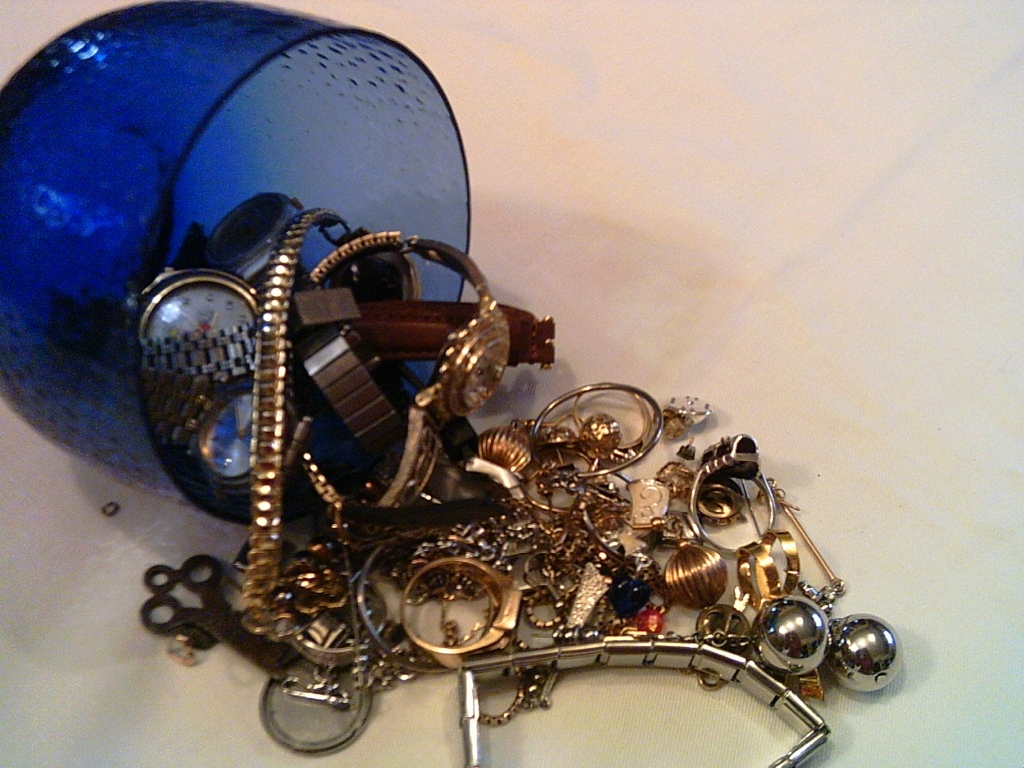
03 Aug How to sell old jewelry for cash
Photo: gracey/morguefile.comQ. I’m trying to pay off debt and I’m thinking of selling some jewelry. How can I make sure I’m getting a fair price?
— All that glitters
A. Selling jewelry isn’t always easy.
You may have an emotional attachment to pieces that other potential buyers won’t have, so you may have unrealistic expectations about the worth of your pieces.
Jewelry is a style-driven industry, said Bill Connington of Connington Wealth Management in Paramus. He said some styles are classic and stay around forever, while others may only last a few months.
And, he said, you need to understand most people will not buy pre-owned jewelry.
“You want to make sure it is in good condition. Damaged and broken jewelry will not sell,” Connington said. “You probably need to reduce your expectations for what you are looking to make based on what you think it is worth.”
Remember that you won’t be paid based on what you paid for an item, but based on the condition and demand for what you sell.
Clean jewelry will help in the sale, he said.
If you have what you believe are expensive stones, consider paying a few bucks to an independent certified gemologist for an appraisal. Don’t look for a gemologist who wants to purchase your items, but instead, for someone who will only be paid to do the appraisal. That way you can be confident that the appraiser isn’t looking out for his best interests as a purchaser when a value is put on your jewelry.
Then, you can take that appraisal to other potential buyers.
Some buyers, including jewelry stores, are only interested in melting down metals. Those will purchase your pieces — whatever the style — and the money you earn is based on weight. If you try this, first ask the buyer what price will be paid per ounce, and you can compare that to the current market.
Good luck!
Email your questions to Ask@NJMoneyHelp.com.
This post was first published in August 2016.
NJMoneyHelp.com presents certain general financial planning principles and advice, but should never be viewed as a substitute for obtaining advice from a personal professional advisor who understands your unique individual circumstances.
